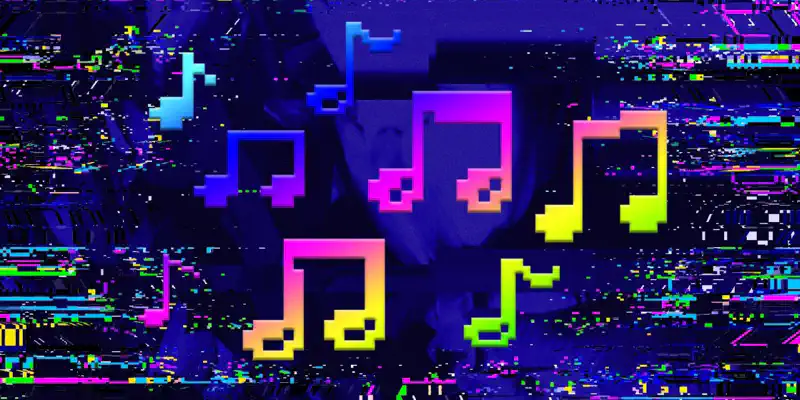We are all aware of how the right soundtrack can bring us to tears when watching a movie. Or how the right sound effect can make us jump off our seats during a horror scene. But surprisingly many game developers see sound design as one of the last thoughts of the development process. For some developers, sound ends up being just assets, randomly bought. We would like to advocate that sound and music can be key features for the acquisition and retention of your audience and can help to influence and define the long-term success of your game.
Games and the metaverse can be more than just entertainment. But independent of the goals, the more immersed the players are, the better the experience they will have. Having sound effects and music deeply aligned with the actions occurring in the game enhances the atmosphere and, as a result, the emotions conveyed from the characters to the players and vice-versa.
As we are talking about emotions, let’s remember that our loyalty to a product or brand comes from the emotional connection we have built with them. We are emotional beings. The same happens when we are in the digital world. We want to be moved, to be touched by the scenes, to connect with the character and see ourselves in the action. And music and sound can take us there.
The soundtrack can also help make the experience memorable. If you like horror games, listening to ‘Twinkle, Twinkle Little Star…’ will immediately give you shivers, as you remember your dark hours playing Dead Space. Or classic 50’s music will remind you of the post-apocalyptic hours spent playing Fallout. The same happens with sound effects. The basic ‘sh sh sh sh, ah ah ah ah’ from Halloween will bring shivers down your spine. That is the power of sound design.
Beyond making it memorable, a well-designed soundtrack can make your digital experience live forever. Some of us might have never watched Casablanca, but would immediately recognise it from the first chords of ‘As Time Goes By’. Who of us doesn’t want to create games and metaverses where that emotional connection will last forever?
But if emotions are not a good reason for you, let’s be practical.
Sound effects help players better navigate the game world, decreasing the need for very detailed (and boring) tutorials. Well-designed sound effects can help players find directions, track enemies, avoid traps, locate valuable items, you name it.
Sound can elevate the players’ experience and even boost their skills – it is an extra support for breaking difficulty barriers and improving gameplay.
Not convinced yet? OK, let’s bring the big guns then.
According to the IAPB, 1.1 billion people around the world were living with vision loss in 2020. Developing games with suitable sound design, even if not primarily created for the visually impaired, can help to widen your market in that direction. Who doesn’t want to make their experiences more inclusive? Independent of the moral standards in mind, it is silly not to include this important market when designing your game or metaverse.
Finally, taking everything said here into consideration will improve players’ satisfaction and therefore improve retention. Players fully immersed and content in the experience won’t want to leave your game.
That is why, for us at 4Players, 3D spatial sound is so important. We want to live the game, immerse in the experience, and dive deep into the emotions that only creative media can provoke. And we want to help our partners to achieve that too.

